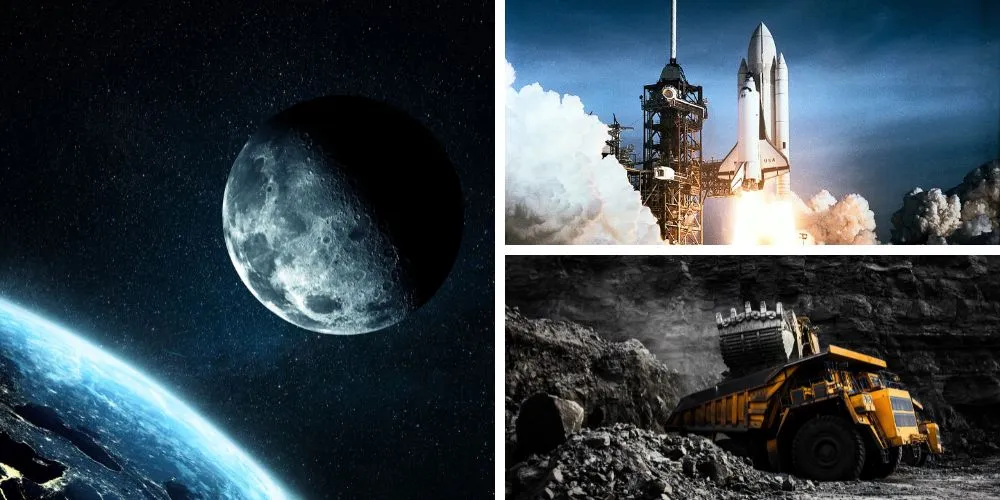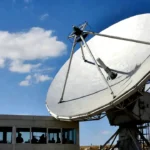Space exploration, the endeavor to explore and understand the cosmos beyond Earth’s boundaries, is one of humanity’s most ambitious and awe-inspiring pursuits. This insightful analysis explores the significance of space exploration, its impact on science and technology, the challenges it faces, and its potential to shape humanity’s future.
Significance of Space Exploration
Space exploration holds immense significance for several key reasons:
- Scientific Discovery: Space research advances our understanding of the universe, revealing the mysteries of celestial bodies, planetary systems, and the origins of life.
- Technological Innovation: The challenges of space exploration drive innovation, resulting in the development of cutting-edge technologies with applications on Earth, such as GPS, medical imaging, and materials science.
- International Collaboration: Space research fosters international collaboration, bringing together nations to work toward common goals and promote peace and diplomacy.
- Economic Benefits: The space industry stimulates economic growth by creating jobs, supporting innovation, and promoting commercial ventures like satellite communication and Earth observation.
Impact on Science and Technology
Space exploration has had a profound impact on science and technology:
- Astronomical Discoveries: Space telescopes like the Hubble have revolutionized our understanding of the cosmos, unveiling distant galaxies, stars, and exoplanets.
- Planetary Exploration: Robotic missions to planets and moons have provided critical insights into celestial bodies’ history, geology, and potential habitability in our solar system.
- Earth Science: Satellites in orbit around Earth contribute to climate monitoring, disaster management, and environmental research, aiding our efforts to address global challenges.
- Medical Research: Space research has led to advances in medical technology, such as improved diagnostics and telemedicine, benefiting astronauts and people on Earth.
- Materials and Engineering: Space research has generated materials with unique properties, like memory foam and advanced alloys, for applications in various industries.
Challenges in Space Exploration
Space exploration faces numerous challenges—some of which are given below.
- Cost: The high cost of space missions, research, and infrastructure development can strain budgets and limit the scope of exploration.
- Technological Risks: Space missions involve complex systems with inherent risks, including hardware failures, navigation challenges, and radiation exposure.
- Environmental Impact: Space debris poses a growing threat to space missions and the sustainability of Earth’s orbit.
- Human Health: Extended space travel can adversely affect human health, including muscle and bone loss, radiation exposure, and psychological stress.
- Ethical Considerations: Questions about the ethical implications of space exploration, such as planetary protection and resource utilization, demand careful consideration.
The Future of Space Exploration
The future of space exploration is marked by exciting possibilities, some of which are listed below.
- Human Mars Missions: Plans for crewed missions to Mars are advancing, with government agencies and private companies exploring the Red Planet’s potential for human settlement.
- Commercial Spaceflight: The commercial space sector is growing, with private companies developing space tourism, lunar exploration, and asteroid mining ventures.
- Space Habitats: The construction of space habitats, like the International Space Station, will pave the way for sustained human presence in space and interplanetary travel.
- Space Telescopes: Upcoming space telescopes, such as the James Webb Space Telescope, promise to revolutionize our understanding of the universe.
- International Collaboration: Continued cooperation among nations and private entities will drive future space exploration, enabling shared goals and pooling resources.
Conclusion
Space exploration is a testament to human curiosity, ingenuity, and ambition. It expands our understanding of the cosmos and fuels technological advancements with far-reaching applications on Earth. As we navigate the challenges of space research, the collective efforts of the global space community hold the potential to shape humanity’s future by enabling us to venture further into the cosmos, unlock new frontiers, and expand our horizons both scientifically and technologically.





